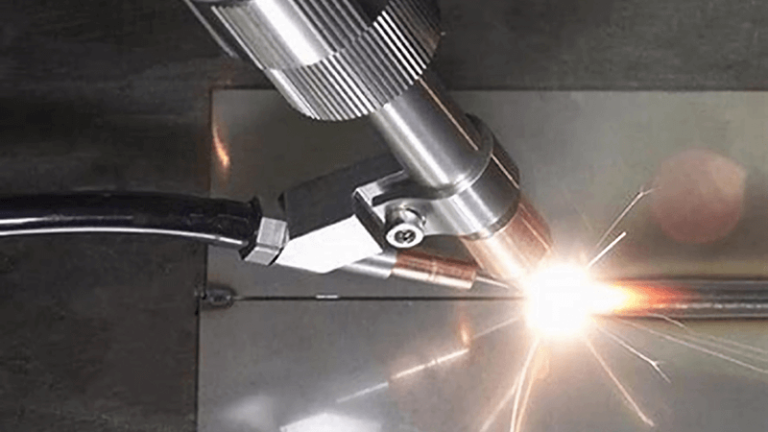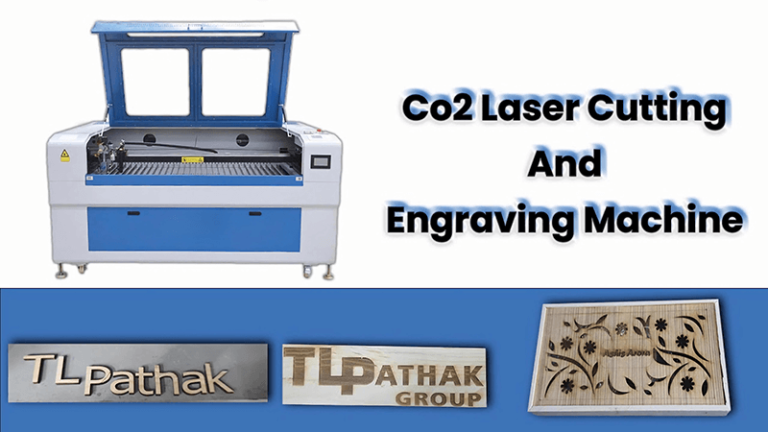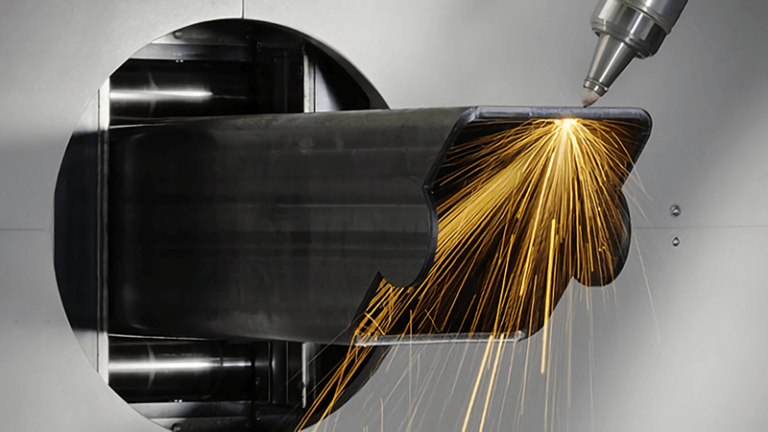Laser cutting machines look high-tech, but are they actually worth the money? Many businesses are asking if these machines can truly pay for themselves—and fast. At Kirin Laser, we've seen both the promise and the proof.
Yes, laser cutting—especially with fiber laser machines—is highly profitable when used right. Lower scrap rates, faster cycle times, and cleaner cuts turn cost centers into profit engines.
If you're thinking about investing in laser technology or expanding your workshop, this article breaks down how laser cutting pays off, how much you can make, where the industry is heading, and how to get started—based on my experience at Kirin Laser and our clients around the world.
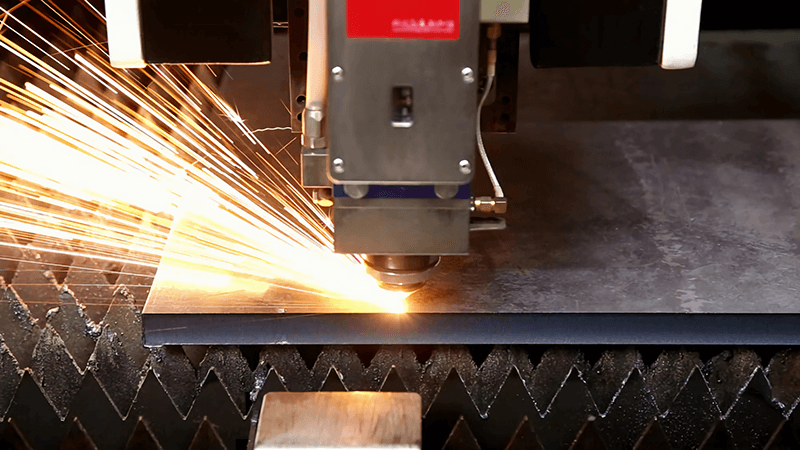
Is there money in laser cutting?
Metal fabrication can be messy and slow—but it doesn’t have to be. Many manufacturers still use outdated methods like mechanical punching or plasma cutting, which eat up labor hours and leave rough edges. This is where fiber laser cutting shines.
Yes, there's real money in laser cutting. Fiber laser machines reduce production time and waste while producing high-quality parts. These advantages make them an ideal investment for companies looking to boost profits.
Why Fiber Laser Is a Game-Changer
Many of our customers at Kirin Laser come to us after struggling with inefficiency. One client used plasma for cutting mild steel1 but faced delays, inconsistent results, and rework. After switching to a Kirin fiber laser cutter2, they reduced labor costs3, minimized rework, and cut parts in half the time.
Key Profit Drivers
| Profit Factor | Description | Impact |
|---|---|---|
| Speed | Fiber lasers cut faster than plasma or CO2 | Higher output per hour |
| Precision | Clean, accurate cuts reduce rework | Better quality, fewer defects |
| Material Savings | Less kerf, tighter nesting | Less scrap, more parts per sheet |
| Labor Reduction | One operator can run the system | Lower payroll expenses |
| Low Maintenance | Fewer consumables than CO2/plasma | Lower ongoing costs |
By cutting faster and wasting less, these machines save on both materials and labor. And with automation features, they need less supervision, which frees up skilled workers to focus elsewhere.
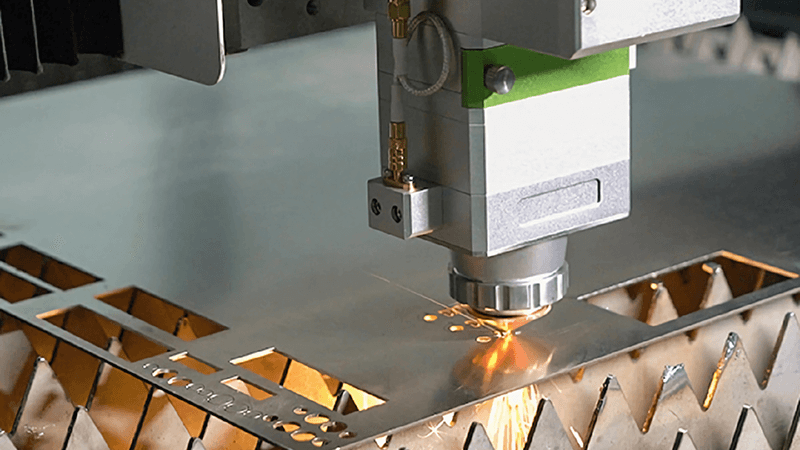
How much does a laser cutter make?
You’ve probably seen listings for $50,000 to $200,000 fiber laser machines and wondered: how fast can I earn that back? The answer depends on your operation, but it’s faster than most think.
A fiber laser cutter can make anywhere from $2,000 to $15,000+ per month in profit depending on usage, contracts, and business model. Some customers we’ve worked with recovered their full machine cost in under six months.
Real-World Payback Examples
One of our U.S. clients was doing custom auto parts. They bought a 3kW fiber laser cutter4 from Kirin Laser. Before, they had issues with part consistency and manual rework. After the switch:
- Production increased by 60%
- Downtime dropped by 35%
- Labor costs reduced by $5,000/month
They won new clients because they could now promise faster turnaround and better finishes.
Profit Calculation Example
| Metric | Value | Monthly |
|---|---|---|
| Operating hours | 8 hrs/day x 22 days | 176 hrs |
| Jobs/hour | 2 jobs | 352 jobs/month |
| Profit/job | $30 net | $10,560/month |
| Machine cost | $60,000 | ROI in ~6 months5 |
Even conservative estimates show a strong return. And that's without running 24/7 or adding automation upgrades.

What is the future of laser cutting?
The world is changing, and laser technology is evolving fast. In the past, only large factories could afford laser machines. Now, smaller shops can compete with automation and precision.
The future of laser cutting lies in faster speeds, better automation, and expanded applications beyond metal. With AI integration and modular systems, even small teams will operate like large factories.
Emerging Trends We See at Kirin Laser
We're not just watching this change—we're building it. Kirin Laser is already working with smart CNC interfaces, robotic arms, and modular lasers that scale with your business.
Future-Driven Features
| Trend | Description | Business Impact |
|---|---|---|
| AI-assisted nesting6 | Optimizes material usage | Lower waste, faster prep |
| Modular machines7 | Upgrade wattage or bed size later | Lower upfront investment |
| Remote diagnostics8 | Real-time maintenance alerts | Less downtime |
| Multi-material cutting | Thin copper, aluminum, brass | More industries served |
Just last year, we helped a packaging plant integrate a fiber laser cutter with their conveyor system. They now process orders directly from their ERP. No manual steps, just digital to physical in minutes.
I believe laser cutting is moving closer to full automation—small teams running multiple machines, managed by software, cutting on-demand with zero scrap.
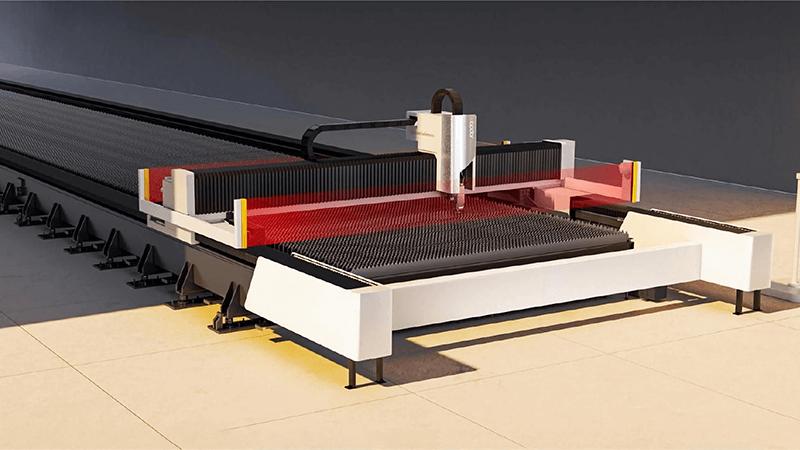
How to start a laser cut business?
You don’t need a giant factory or a dozen workers to make money with laser cutting. Many of our clients started from a small workshop or even a garage. With the right tools and a clear plan, they grew fast.
To start a laser cutting business, define your niche, pick the right fiber laser machine, ensure training, and build relationships with consistent customers. Start small, grow smart.
Steps to Launch Successfully
We’ve worked with dozens of startups. Most successful ones did these 5 things right:
1. Pick a Profitable Niche
Don’t try to serve everyone. Focus on one area—like automotive brackets, signage, or metal art.
2. Choose the Right Machine
At Kirin, we help you pick based on your material, thickness, volume, and budget. A 1.5kW model might be enough for light sheet metal; others need a 6kW beast.
3. Understand Setup and Training
Know how to align the beam, set parameters, and clean optics. We provide videos, manuals, and online support for this.
4. Price Your Jobs Wisely
Cover material, machine time, overhead, and still stay competitive. Don’t underprice to win jobs—you’ll burn out.
5. Build Client Relationships
Repeat work is key. Many of our customers partner with local metal fabricators, HVAC shops, or equipment builders.
Equipment Budget Overview
| Item | Estimated Cost | Notes |
|---|---|---|
| Fiber laser cutter | $10,000–$80,000 | Depending on power, size |
| Air compressor9 | $1,000–$3,000 | For cutting assist |
| Software/CAM | $500–$3,000 | Usually bundled |
| Training/support10 | Included at Kirin | Optional upgrades available |
We’ve seen entrepreneurs go from $0 to $100K+ in revenue in their first year—with just one fiber laser machine and the right strategy.
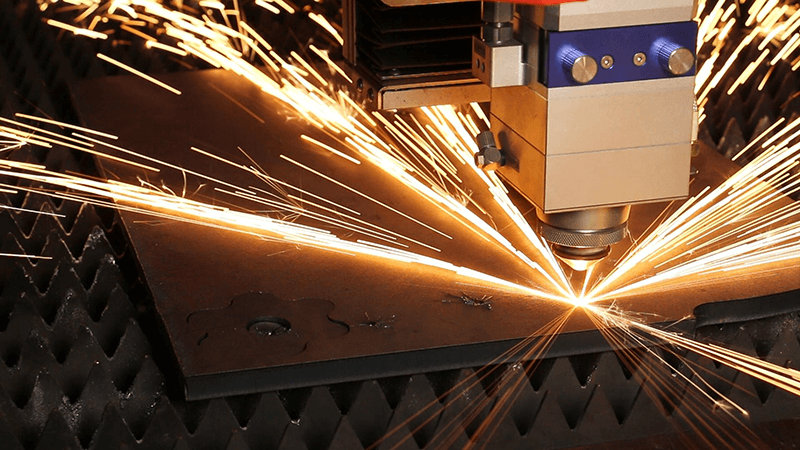
Conclusion
Laser cutting11 is not just profitable—it’s one of the smartest investments a modern metal shop can make. With fiber laser machines from Kirin Laser, you get faster production, cleaner cuts, and real savings. Whether you're scaling an operation or launching a new business, the returns are clear. I've seen these machines change lives and reshape businesses. If you’re serious about growth, it might be time to look closer at fiber laser cutting.
-
Learn how fiber lasers outperform traditional methods in cutting mild steel, leading to improved efficiency and quality. ↩
-
Explore the advantages of fiber laser cutters, including efficiency and cost savings, to enhance your understanding of modern cutting technologies. ↩
-
Discover how fiber lasers can streamline operations and significantly lower labor costs in manufacturing processes. ↩
-
Explore how fiber laser cutters can enhance manufacturing efficiency and quality, leading to significant cost savings and productivity gains. ↩
-
Understanding ROI calculations can help you make informed decisions about equipment investments and improve your business's financial health. ↩
-
Explore how AI-assisted nesting can optimize material usage and reduce waste in laser cutting processes. ↩
-
Learn about the advantages of modular machines, including flexibility and lower upfront costs for businesses. ↩
-
Discover how remote diagnostics can enhance maintenance and reduce downtime in manufacturing operations. ↩
-
Learn about the crucial role of air compressors in laser cutting to optimize your operations and improve results. ↩
-
Discover the various training options that can help you maximize the use of your fiber laser cutter effectively. ↩
-
Find the laser cutting machine and laser cutting solutions from Kirin Laser, and click this link to get your best products. ↩


